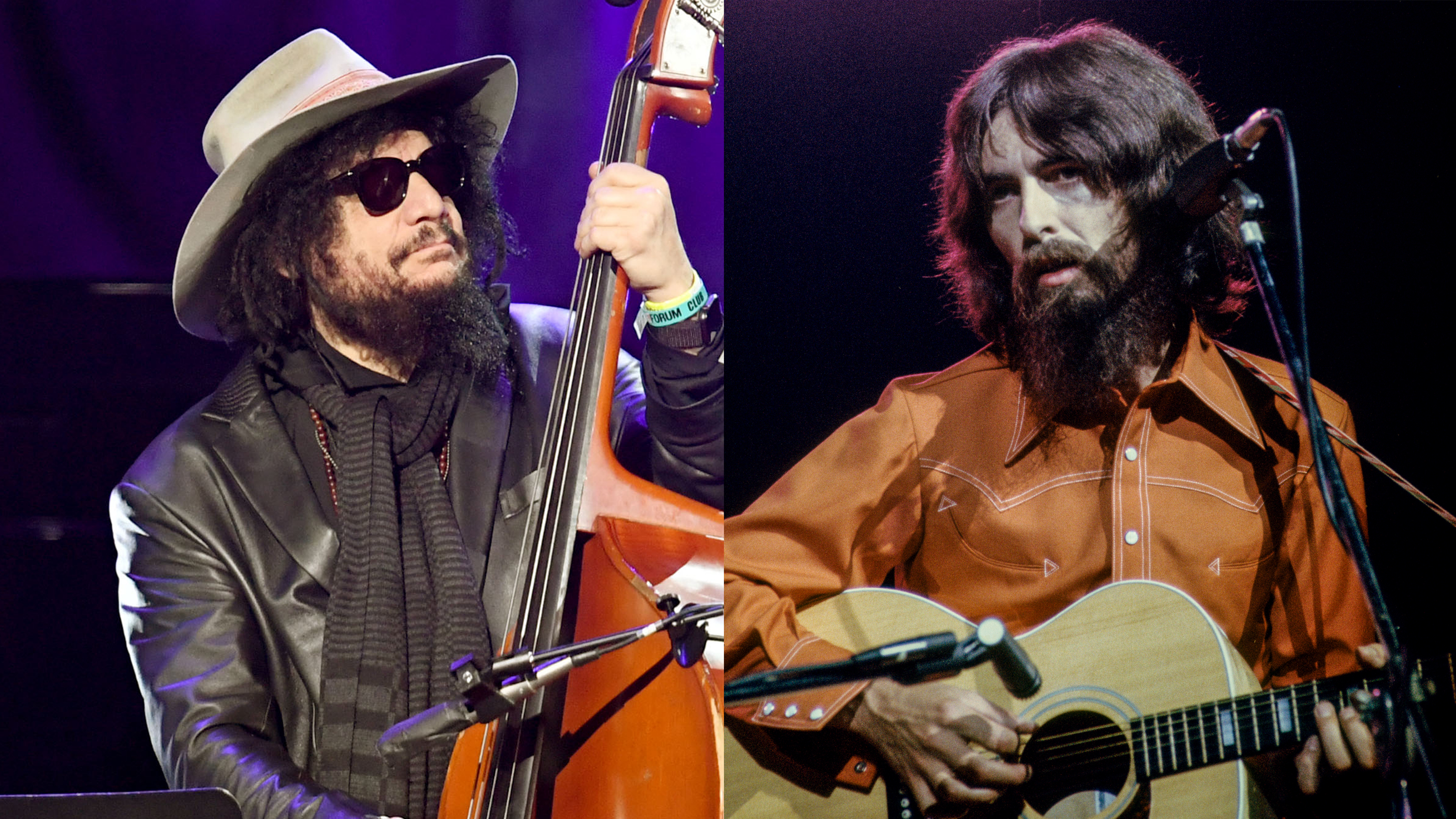“It was like something you might hear in a symphony”: How Neal Schon’s dramatic arpeggios inspired one of the most famous lines in Journey’s Don’t Stop Believin’
A secret rehearsal space and a love for Jack Bruce’s basslines also played their part in the song's creation, as Schon explains

“If you're ever at a sporting event and they don't play Journey’s Don’t’ Stop Believin’, ask for your money back,” Gary Graff writes in the latest issue of Guitar Player.
In the mag's new issue, the band's Les Paul-adoring guitarist, Neal Schon discusses the band's colossal, ever-present hit. It was huge when it was first released – standing as the second single from the group’s 1981 album, Escape – and later saw a seismic resurgence in popularity thanks to Glee, the Rock of Ages musical, and The Sopranos.
Asked to reveal the secrets behind the song's success and staying power, Schon highlights the arpeggios that light up the track, even if he doesn't know what inspired them.
“I really wasn’t thinking,” he says, admitting the idea was a spur-of-the-moment affair. “My best stuff comes when I’m just reacting to what’s around me. Before we got to the second verse, I started playing that arpeggiated guitar part.
“It was like something you might hear in a symphony and it felt like it was helping the track move along. That in turn inspired Perry and Cain to write those lyrics about ‘the midnight train to anywhere.’
“That’s the cool thing about when you write in a room with someone,” he expands. “You can inspire and build off each other. You can always write a great song by yourself, but until you have a great band playing on it, it’s not gonna sound like anything.”
While Schon can’t scientifically dissect the magic that has made his guitar part so iconic, the work that went into creating an environment ripe for spontaneity was certainly calculated.
All the latest guitar news, interviews, lessons, reviews, deals and more, direct to your inbox!
“I had a rehearsal place in Oakland,” Schon continues. “No one knew we were there and no one was gonna walk in and disrupt us.” That proved hugely important.
He says that keyboardist and rhythm guitarist Jonathan Cain had brought the rhythm and the chords into the room, with Schon – a huge admirer of Jack Bruce – channeling a bassline that could “move the part along”.
“It just created harmony between the vocals, the background vocals, and everything,” he goes on. “Like Sting says, the chord is not made until the bass player chooses what note he wants to play. There’s a whole lot of truth to that.
“I love thinking about bass a lot more than I do guitar sometimes. You can change the note of a bass against a guitar chord and it changes everything.”
Journey returned to the road in 2023 with the track given a new spot much earlier in their sprawling setlist. That, Schon says, hasn’t blunted its impact.
“I never felt like it was a closer, even though it’s a massive song,” he says. “It’s a slower, melodic rock song with a great melody and a great message. I felt like, ‘Let’s just be ballsy and stick it out there and play it for them early and keep everybody’s attention’. It puts everybody in a great mood.”
And so the song continues to withstand the test of time, even if Schon tells Guitar Player he has no idea why. The song received another accolade in March, with Forbes naming it the Biggest Song of All Time. That’s a title many will likely debate – including Schon himself, quite possibly.
“The results speak for themselves,” he says, a little mystified. “But ‘the biggest song in the world’? Ever? That’s surreal.”
Head to Magazines Direct to pick up the latest issue and read the interview in full. The issue also sees Dave Navarro reflecting on his extensive and anecdote-rich career, and Brian Ray discussing how advice from Etta James helped him nail his shows with Paul McCartney.
A freelance writer with a penchant for music that gets weird, Phil is a regular contributor to Prog, Guitar World, and Total Guitar magazines and is especially keen on shining a light on unknown artists. Outside of the journalism realm, you can find him writing angular riffs in progressive metal band, Prognosis, in which he slings an 8-string Strandberg Boden Original, churning that low string through a variety of tunings. He's also a published author and is currently penning his debut novel which chucks fantasy, mythology and humanity into a great big melting pot.


